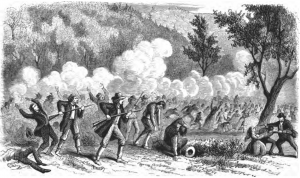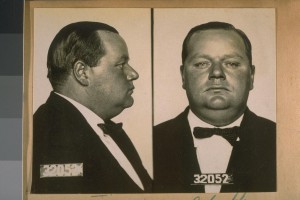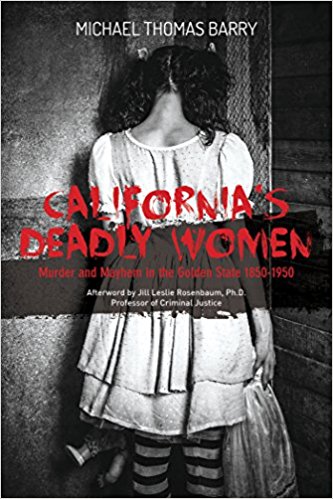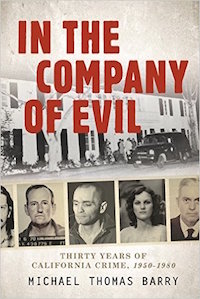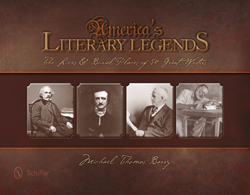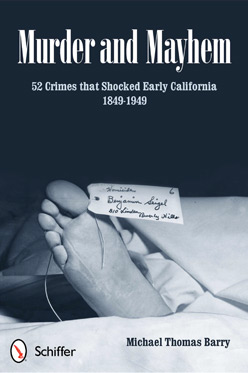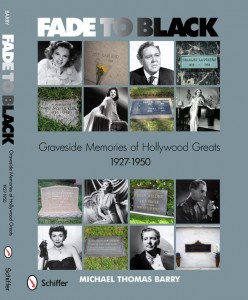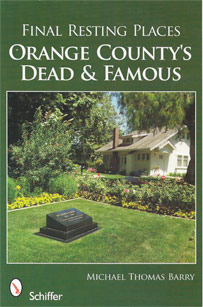09.11
On this date in 1857, Mormon guerillas, stoked by religious zeal and a deep resentment of decades of public abuse and federal interference, murder 120 emigrants at Mountain Meadows, Utah. Although historical accounts differ, the conflict with the wagon train of emigrants from Missouri and Arkansas apparently began when the Mormons refused to sell the train any supplies. Some of the emigrants then began to commit minor depredations against Mormon fields, abuse the local Paiute Indians, and taunt the Mormons with reminders of how the Missourians had attacked and chased them out of that state during the 1830s. Angered by the emigrants’ abuse and fired by a zealous passion against the growing tide of invading gentiles, a group of Mormons guerillas from around Cedar City decided to take revenge. Cooperating with a group of Paiute Indians who had already attacked the train on their own initiative, the Mormon guerillas initially pretended to be protectors. The guerillas persuaded the emigrants that they had convinced the Paitues to let them go if they would surrender their arms and allow the Mormons to escort the wagon train through the territory. But as the train again moved forward under the Mormon escort, a guerilla leader gave a pre-arranged signal. The Mormons opened fire on the unarmed male emigrants, while the Paiutes reportedly murdered the women. Later accounts suggested that some Mormons had only fired in the air while others killed as few of the emigrants as they could. But when the shooting stopped in Mountain Meadows, 120 men and women were dead. Only 18 small children were spared. As a direct result of the Mountain Meadows Massacre, the U.S. government demanded a new settlement from Brigham Young. In 1858, the Mormons agreed to accept a continued presence of federal troops and a Gentile governor for Utah Territory. No further significant Mormon-Gentile violence occurred, and the Latter Day Saints were thereafter largely left to govern themselves. But the era of complete Mormon domination of Utah ended as a result of the tragedy that day in Mountain Meadows.
On this date in 1921, actor Fatty Arbuckle is arrested in San Francisco for the rape and murder of aspiring actress Virginia Rappe. Arbuckle was later acquitted by a jury, but the scandal essentially put an end to his career. Roscoe Conkling Arbuckle was born on March 24, 1887, in Smith Center, Kansas. He worked as a vaudeville performer and starting in 1913, began appearing in Mack Sennett’s Keystone Cops comedies. Arbuckle became known for his comedic pratfalls and pie-throwing. In 1917, Arbuckle formed his own company and began writing and directing films, many of which starred his friend and fellow comedian Buster Keaton. In 1919, the heavy-set actor signed a $1 million per year deal with Paramount Pictures, an extraordinary sum for the time. In early September 1921, Arbuckle went to San Francisco with two male friends for a short vacation and checked into the St. Francis Hotel. The men hosted a party in their suite, during which a guest named Virginia Rappe, who had been drinking, became ill. Rappe died several days later from peritonitis caused by a ruptured bladder. Maude Delmont, another guest at the party, claimed Arbuckle had raped Rappe and injured her bladder. Arbuckle’s arrest on September 11th by the San Francisco police soon generated a massive scandal. Arbuckle maintained his innocence, but he was lambasted in the press and the public, unused to Hollywood scandal, boycotted his films. The politically ambitious San Francisco district attorney was determined to prosecute Arbuckle, even though Delmont turned out to be a questionable witness, with a criminal record of her own. Several other witnesses would later claim the prosecution had intimidated them into giving false testimony. After two mistrials, the jury in Arbuckle’s third trial found him not guilty and even issued him an apology. Despite this favorable outcome for Arbuckle, the U.S. film industry nevertheless temporarily banned him. He subsequently attempted a comeback and even directed several films under the pseudonym William B. Goodrich, but his career never fully recovered and he struggled with alcoholism. Arbuckle died of heart failure at age 46 on June 29, 1933, in New York City.

